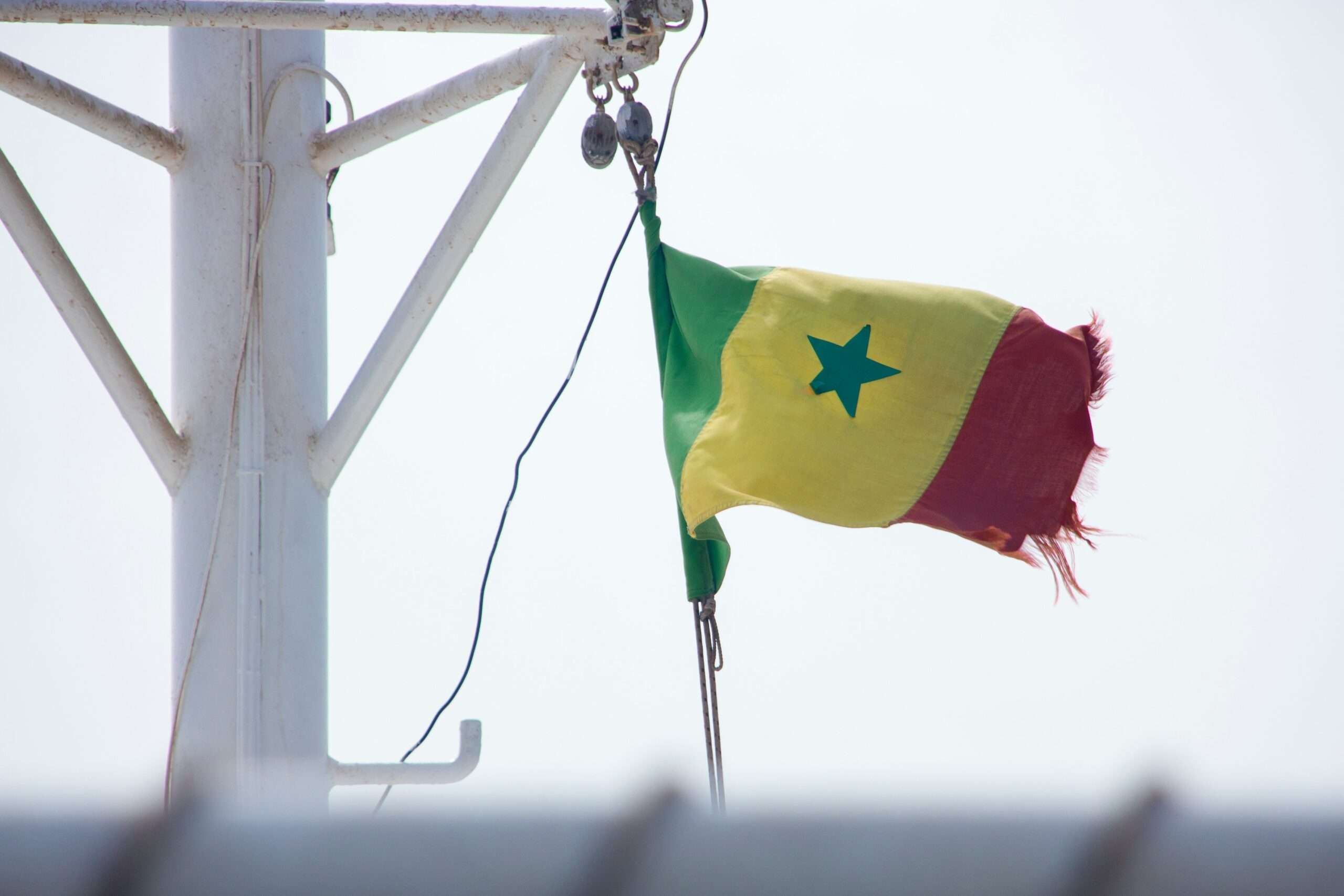[Extract from a PhD thesis]
The Science Education Exchange for Sustainable Development (SeeSD) was founded in 2016 with a mission of fostering Science, Technology, Engineering, Art, and Mathematics (STEAM) education, encouraging critical thinking, and scientific literacy from K-12 and beyond in Senegal. Their projects include designing curricula to develop critical thinking and scientific exploration and training volunteers to provide hands-on STEAM education at local elementary schools and libraries; organizing the Ubbil Science Festival that brings local schools and universities, STEAM professionals, educators and inventors from across Senegal together to address challenges in agriculture, energy, climate change, environment, health and gender balance in STEAM; and offering Afreecademy Online Platform, a partnership with universities and STEAM organizations to create open STEAM educational resources that are adapted to local challenges, and translated into a local language (Science Education Exchange for Sustainable Development, n.d.).
The SeeSD mission and approach seem to value an important aspect of STEM education which is creativity, critical and analytical skills to identify problems and innovate (Adams 2004; Dym et al. 2005; Koen 2003; Next Generation Science Standards, 2013; Niever et al., 2020; Pawley, 2009). They also engage with real-world and hands-on activities which encourages skill building, practice, and communication (Braun et al., 2013; Jonassen, Strobel & Lee, 2006; Next Generation Science Standards, 2013). Their collaborative environment may allow others to consider intentions, perspectives and expertise to negotiate and strengthen STEM solutions (Idhe, 2008; Niever et al., 2020), and allow the participants to learn about the diverse ways to engage with STEM in numerous domains (Houkes, 2009; Reeve, 2015; Van de Poel, 2013).
